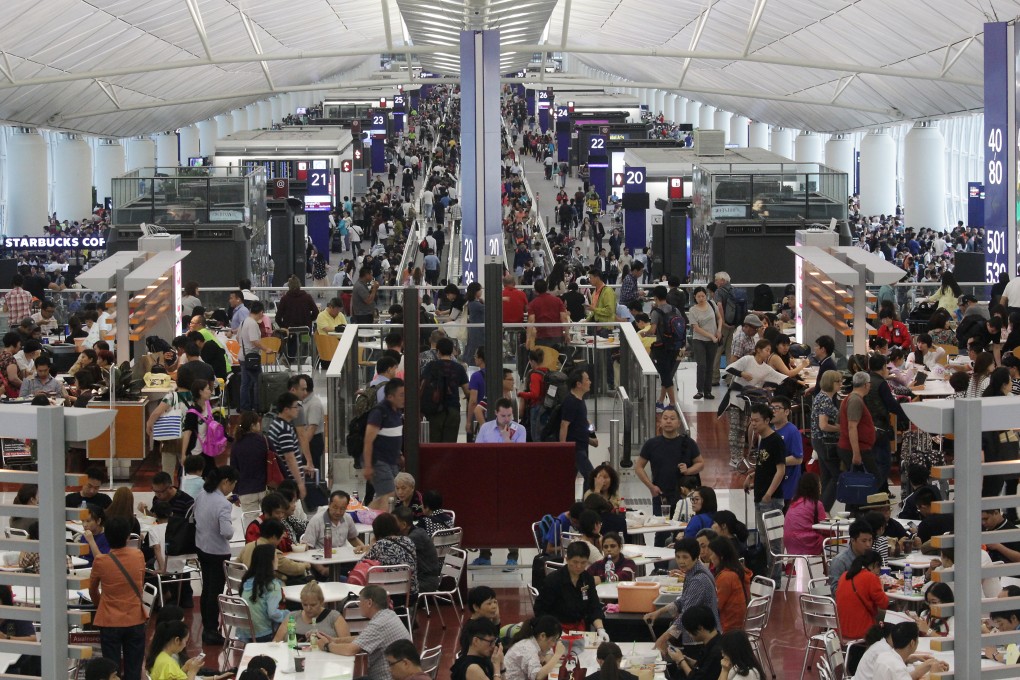Flight delays in China must be honestly explained
The antics of six mainlanders arrested at Hong Kong International Airport last week reveal a gap between comprehension of their flight delay and reality

The long delays and cancellations of mainland flights lead to understandable frustration and from time-to-time, unacceptable unruliness. The six mainlanders arrested at Hong Kong International Airport last week for bad behaviour while waiting for their plane to leave for Beijing were not going to get to their destination any sooner; as it is, they ended up in court with four being jailed for assault. But their antics revealed a gap between comprehension of the situation and reality. China's air routes have become so congested that a single event can throw schedules into disarray.
Transparency becomes important at such a time - airlines and authorities have to honestly explain delays. There is an added dimension with the People's Liberation Army controlling much of the nation's airspace. The 225 passengers on Hong Kong Airlines Flight 305 were told their 8.10pm departure was not able to take off on schedule due to "adverse weather and air traffic control in Beijing". Six hours later, with no further explanation being given, trouble broke out among those not satisfied with what they had been told; the plane eventually took off for the three-hour trip at 4.45am, 8 ½ hours late.
Mainland flights involving the most popular destinations, Beijing, Shanghai, Guangzhou and Hong Kong, can often be delayed by a few hours. FlightStats, a US company that tracks global air travel, has determined that Chinese airports and airlines were the worst in the world for being on time last year. Among the 61 largest airports, the seven worst performers for on-time departures were all on the mainland, being Hangzhou's Xiaoshan at the bottom, followed by Shanghai's Hongqiao and Pudong, Shenzhen's Baoan, Guangzhou's Baiyun, Chongqing and Beijing Capital International.
Flight and passenger numbers are rapidly rising, leading to the prospect of longer delays. Airlines' record number of new plane deliveries and orders will only worsen the congestion and planned airports will not alleviate the problem. The solution lies in the PLA freeing up airspace, in new routes and better air traffic management, particularly by hiring more controllers.
Authorities in April announced plans for 10 new air passages covering Beijing, Shanghai and Guangzhou. Negotiations with the military will begin to create more routes. But such changes take time to implement and years could pass before delays are substantially reduced. In the meantime, passengers have to be tolerant and a better effort has to be made to explain delays.